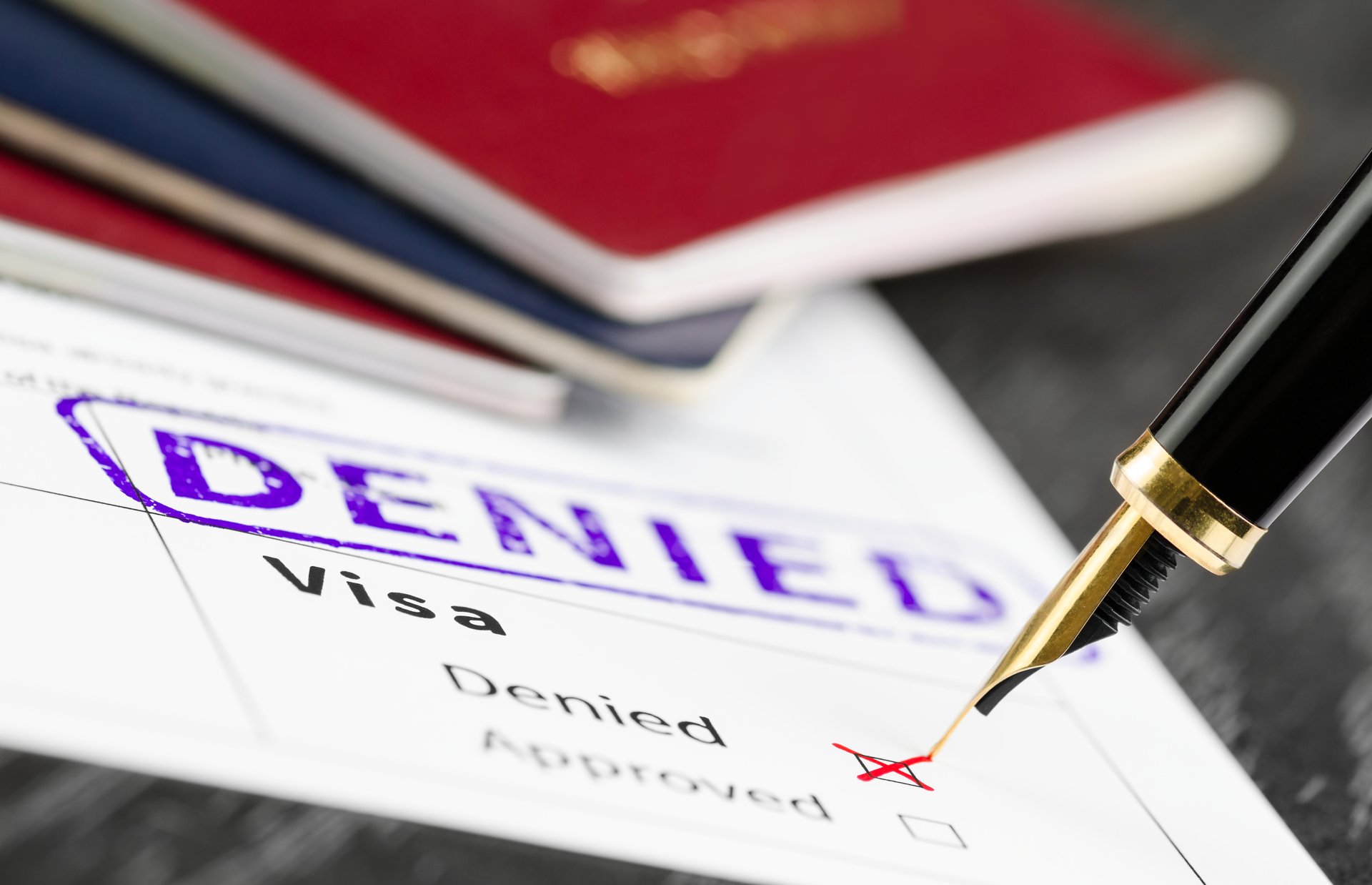
During the 2016 presidential campaign, candidate Donald Trump floated the idea of banning travel from some predominantly Muslim countries to the U.S.
At the time, a nonprofit organization — the Council on Foreign Relations, or CFR– quietly shared a report on how such a ban would affect the U.S. economy.
Now that President Trump has acted on his idea, the CFR is calling attention back to its report.
In a blog post this week, Robert Kahn, an international economics fellow at the CFR, notes that “the effects of extreme vetting on U.S. economic activity are immediate and far-reaching.”
Before we look at those effects, though, let’s take a look at the president’s action.
The executive order
On Friday, Trump signed an executive order titled “Protecting the Nation From Foreign Terrorist Entry into the United States.”
As a New York Times report summarized it, the order:
- Indefinitely barred Syrian refugees from entering the United States
- Suspended all refugee admissions for 120 days
- Blocked citizens of seven Muslim-majority countries, refugees or otherwise, from entering the United States for 90 days: Iran, Iraq, Libya, Somalia, Sudan, Syria and Yemen.
Since then, protests have broken out and CEOs of major corporations have spoken out against the ban.
On Sunday, Trump issued a follow-up statement:
“… The seven countries named in the Executive Order are the same countries previously identified by the Obama administration as sources of terror. … This is not about religion — this is about terror and keeping our country safe. …”
The possible effects
According to the Council on Foreign Relations, the possible economic effects of a travel ban, “particularly if the president’s order is expanded to include more countries over time,” include a:
- Broader “chilling effect” on travel to the U.S., which could depress tourism and disrupt supply chains, among other impacts.
- Direct loss of spending as high as $14 billion to $30 billion per year.
- Loss of as many as 50,600 to 132,000 jobs.
- Loss of $4.6 billion in education spending by foreign students.
Kahn concludes by stating that “an efficient vetting system for foreign travelers” can benefit security. But if Trump’s vetting “… is seen by the world as creating a hostile environment for foreign travelers or more fundamentally signaling a less open attitude towards the world, it will have broad based and far reaching economic consequences.”
What’s your take on possible economic repercussions of travel restrictions? Sound off below or on Facebook.




Add a Comment
Our Policy: We welcome relevant and respectful comments in order to foster healthy and informative discussions. All other comments may be removed. Comments with links are automatically held for moderation.